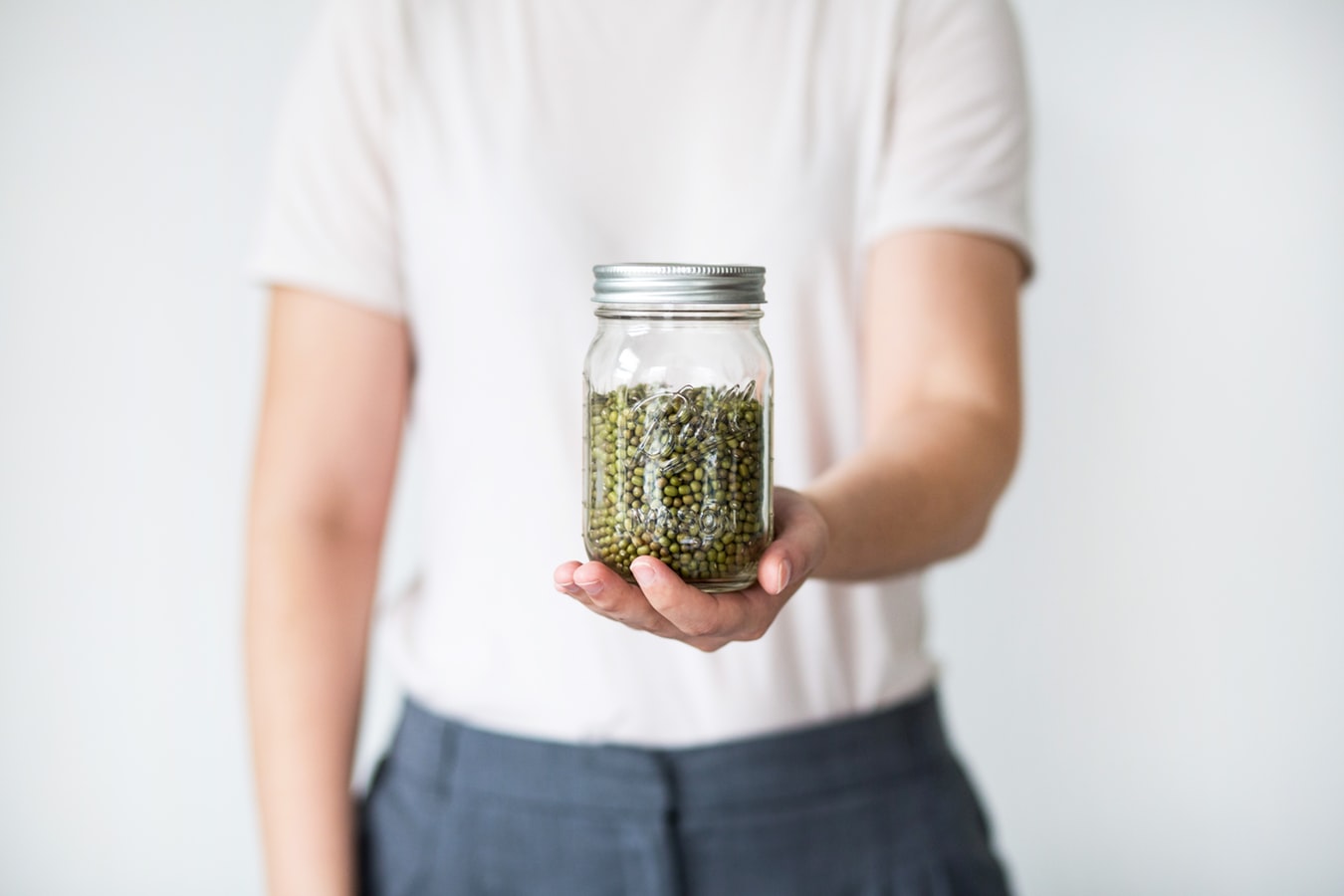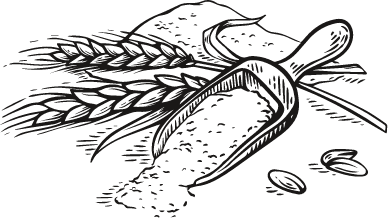
Organic packaged or conventional bulk? It is sometimes very complicated to reconcile everything and to shop in zero-waste mode. Yet the benefits of local, sustainable and organic consumption are as much ecological as they are economic. Here are a few ideas on how best to do this.
The 4 Commandments of Zero-Waste Shopping
To achieve the ultimate goal of zero-waste shopping, there are four commandments to follow:
- Buy in Bulk: buying unprocessed and unpackaged products reduces not only your waste but also your bill. To do so, you will need to equip yourself with fabric shopping bags and then, once at home, store your legumes, pasta, rice and flour in containers. Prefer glass containers to avoid plastic migration; also and above all, be sure they are well sealed to avoid food moths.
- Organic: choosing products from natural agriculture means putting your health and that of your family first; it also means favouring sustainable food by protecting the soil.
- Local: it is often this step that becomes a real headache. As the supply of organic food in France is much lower than the demand, it is sometimes complicated to find all your groceries locally in zero-waste mode. In this case, take the time to visit local producers. Some of them do not yet have the organic label but are already in the process of being certified and can thus offer you sustainable agriculture.
In season: this is essential for both the planet and your health. Every fruit and vegetable grows exactly in the right season for a good reason. Indeed, they allow you to ingest the nutrients and vitamins necessary for your body according to the season and its criteria. You will not have the same vitamin C requirements in summer as in winter, for example.
Getting organised for bulk shopping
In order to be able to do your shopping in bulk, i.e. without packaging, whether plastic or otherwise, you will need to equip yourself and above all get organised! Organisation is really the key word in the zero-waste approach, even more so when it comes to grocery shopping. First of all, make sure you have fabric shopping bags and produce bags for collecting dry foodstuffs such as pasta, rice, legumes, fruit and vegetables, among other things. If you like to sew, nothing could be easier than making these fabric bags. Otherwise, several sites, shops and designers sell them at very low prices. Keep in mind that you can reuse them for life.
Next, fit your cupboards with Le Parfait glass jars that close with a rubber seal that keeps the contents airtight. However, you can also be resourceful and use empty compote or canning jars. This will allow you to store your food in bulk while ensuring its freshness. In addition to looking great on a shelf, your glass jars will also enable you to see the quantity of each food item at a glance and therefore plan your shopping list accordingly.
Lastly, always keep a few fabric bags and one or two glass storage containers in your handbag or car to do your shopping. Indeed, while fabric bags can hold anything that is dry, glass containers can be used to buy fresh produce such as meat, fish, cheese and fresh cream.
Where to shop in zero-waste mode ?
It’s becoming easier and easier to shop in zero-waste mode everywhere in France. Whether you are in the country or in the city, there are several solutions available to you:
- Local producers, directly on the farm or at markets.
- AMAP baskets (association for the maintenance of peasant agriculture).
- Shops specialising in organic and/or bulk products such as CashBio Markal in the Drôme département.
- As a last resort, you can even find increasingly well-stocked shelves in supermarkets.
With all these keys in hand, you are ready to shop in zero-waste mode!








